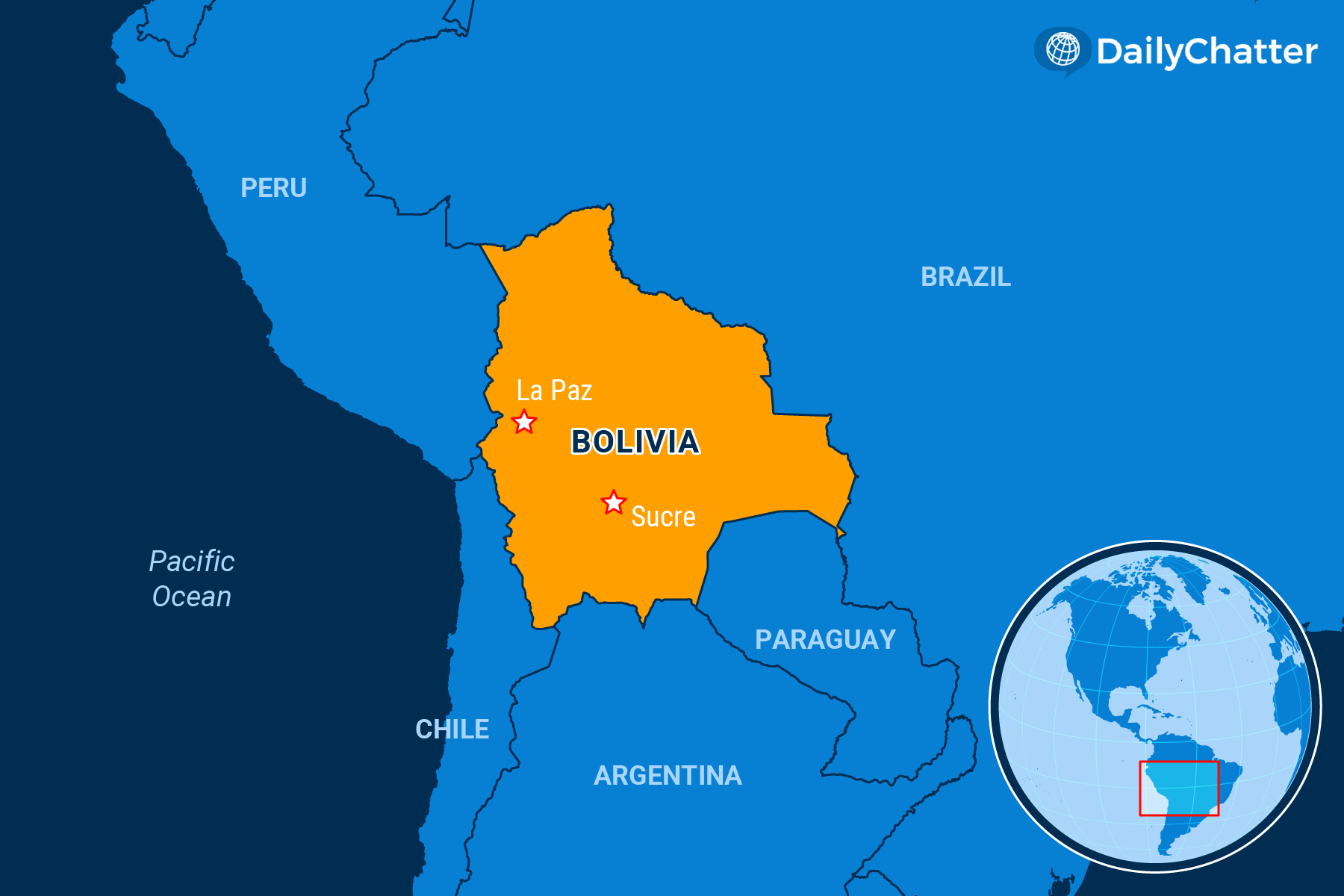PERU

Uncle Porky and the Spoilers
Peruvian President Pedro Pablo Kuczynski resigned three years ago over allegations of bribery and corruption. Last year, Peruvian lawmakers impeached his successor, President Martín Vizcarra, for botching his country’s coronavirus response and, again, bribery allegations. Former Congressional Speaker Manuel Merino briefly became interim president before protesters forced his resignation and legislators appointed Francisco Sagasti to become the South American nation’s head of state, the third in the span of a week.
Now voters have a chance to wipe the political slate clean. On April 11, they’ll head to the polls to elect a new president, explained the Americas Society / Council of the Americas.
Will the voters seize the opportunity? Many don’t seem enthusiastic. None of the candidates have drawn the support of more than 20 percent of the electorate (Sagasti is running for one of two vice-presidential offices) so a June 6 runoff is expected.
The track record of Peruvian leaders in recent years might be one reason that voters aren’t excited about their options. The country has the second-highest rate of coronavirus deaths on the planet. The economy shrunk by almost 13 percent last year. Peruvian politicians also steered vaccines to their friends and cronies, sparking widespread anger, the New York Times reported.
“The people have little confidence in the government, for obvious reasons,” National Intercultural University of the Amazon International Relations Professor Miguel Hilario-Manemina told the New Humanitarian.
The current frontrunner in the race is Yonhy Lescano, who wants to expand the government’s role in the economy, particularly in the natural gas and mining sectors, according to Argus Media, a British news organization that covers petrochemicals. The business community fears that Lescano and other left-leaning politicians could destroy the sector. Those concerns have already pushed down the value of Peru’s currency relative to the US dollar.
Lescano’s main rival is George Forsyth, 38, a former professional soccer player. “My youth is a plus point, I have the energy and the drive, and I represent a fed-up generation that no longer believes in politicians,” he told Reuters in an interview. “That ‘sameocracy,’ those old-school politicians, are afraid of us.”
But Forsyth is not really an outsider. His father is now Peru’s ambassador to Japan – which has close ties to Peru – and his mother is a former Miss Chile.
Another contender is the right-wing Rafael López Aliaga, a businessman and staunch Catholic. Known as Uncle Porky, Aliaga owns the monopoly on the train that takes tourists to Machu Picchu, the Incan historical site, wrote Al Dia, a local news outlet.
Peruvian voters want leaders who inspire confidence. Unfortunately for them, Peru’s next president doesn’t need to clear that hurdle to win.


